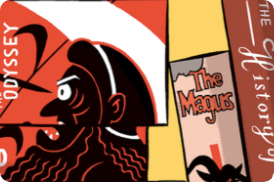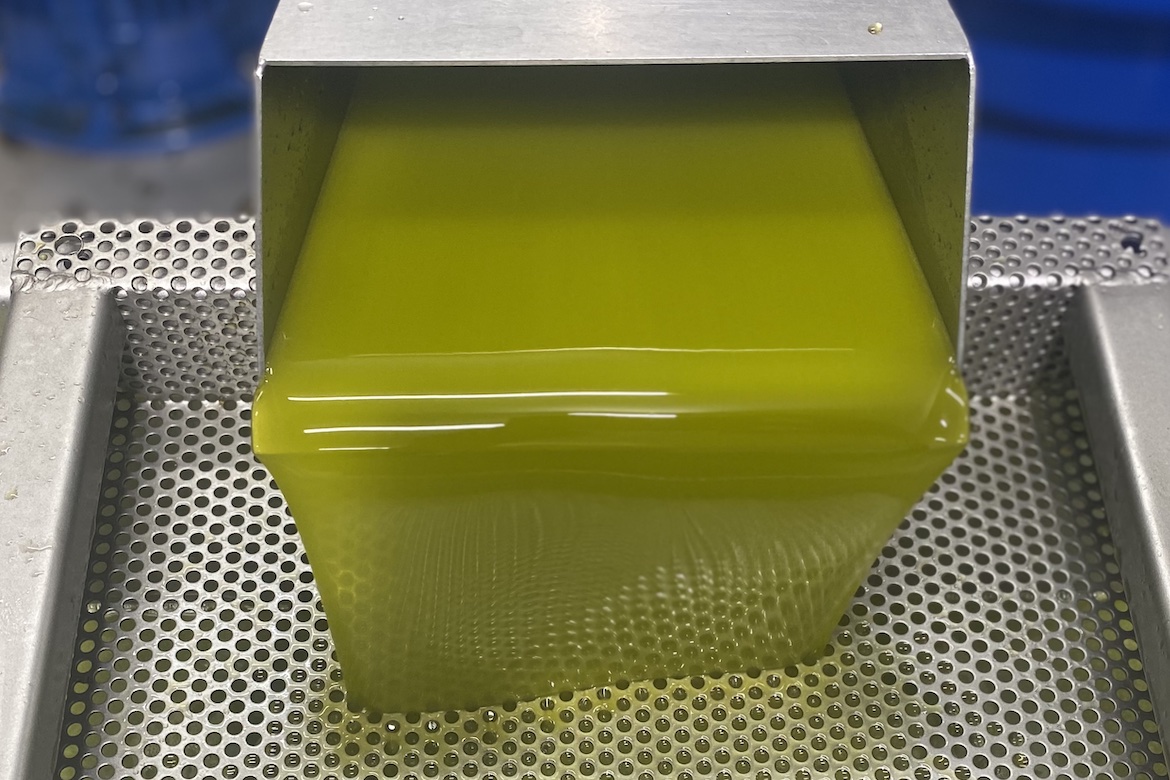“Except Greece imploded,” Barack Obama wrote in his memoir “A Promised Land,” released today, November 17.
The former U.S. President was referring to what was supposed to be what his team coined the “Recovery Summer,” celebrating numerous positive economic indicators in the United States in early Summer 2010.
“Except Greece imploded…” and he proceeds with a step by step, almost day by day involvement in the financial crisis that almost tore apart the European Union and his vehement insistence to averting a debt crisis that would most certainly impact the United States in a negative way.
“We couldn’t afford to be passive observers to all of this,” Obama writes.
“The stubborn embrace of austerity by key European leaders, despite all of the contrary evidence, was more than a little frustrating,” Obama writes. “But given everything else on my plate, the situation in Europe hadn’t been keeping me up at night.”
“That all began to change in February 2010, though, when a Greek sovereign debt crisis threatened to unravel the European Union—and sent me and my economic team scrambling to avert yet another round of global financial panic.”
In his book, much of chapter 24 is dedicated to the Greek debt crisis and his attempts to maneuver European political leaders to respond more favorably to U.S.-style stimulus policies in order to jump-start business investment and increase consumer demand across the continent.
Obama shares his frustration with the roadblocks he faced from the likes of Angela Merkel and France’s Nicolas Sarkozy but wasn’t disrespectful in his explanations of his relations with either of them.
He goes on to give detailed background and connect the world’s economy and the risks surrounding the potential collapse of an economy the size of Maryland, as he described it.
At one point, Obama was critical of the Merkel and Sarkozy and their cautious approach to a rescue plan.
“I noticed that they rarely mentioned that German and French banks were some of Greece’s biggest lenders, or that much of Greeks’ accumulated debt had been racked up buying German and French exports—facts that might have been clear to voters why saving the Greeks from default amounted to saving their own banks and industries,” Obama writes.
“Maybe they worried that such an admission would turn voter attention away from failures of successive Greek governments and toward the failures of those German or French officials charged with supervising bank lending practices.”
In the end, Obama closes the chapter, “Recovery Summer” turned out to be a bust.















